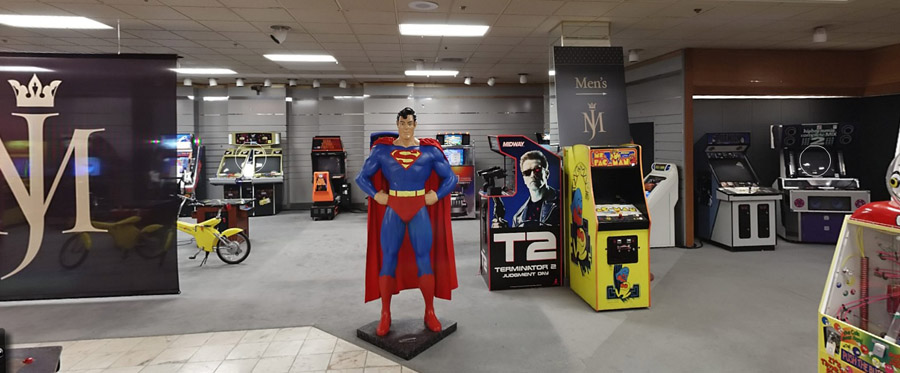“Kidult”, sometimes referred as the kidult or adultescent generation, is a marketing neologism created to describe a new and growing market. There is an increasing number of products and services targeted to this segment.
The kidult generation
There have been given many and different explanations for the kidult phenomenon. Some link the kidult culture with the fact more and more young adults still live with their parents, leading to an excess of leisure time, immaturity and a prolonged adolescence. Others explain it focusing their attention on those professionals who need to reduce stress and escape from the pressures of work life. In any case, it is clear that the kidult generation is integrated by adults with purchasing power who, for some reason, show purchasing habits and interests that traditionally belonged to the children or teen segment.
The Peter Pan syndrome
In Psychology, the Peter Pan syndrome is a concept, still not officially recognised as pathology, to describe people who “refuse to grow up”. The expression has been created by Dr. Dan Kiley in this book The Peter Pan Syndrome: Men Who Have Never Grown Up.
Probably one of the most well-known and extreme cases of Peter Pan syndrome and the kidult mentality is Michael Jackson. Michael explicitly stated that he did not want to grow up and he owned an impressive collection of arcade video games, toy cars and fantasy and sci-fi memorabilia. He had a fascination with Peter Pan’s character and one of his dreams, never accomplished, was to create a theme park called “Neverland Ranch”. But a kidult is not necessarily an ill or strange person. The kidult segment is nowadays a mass market.

A kidult’s profile
Kidults have a creative and playful spirit but that won’t keep them from adult responsibilities. Some common interests are technology in general, video games, cosplay and fandom. The fandom culture is especially significant. There are many subcultures or urban tribes formed around fanaticism towards TV and film characters, specific titles like “Star Trek” and “Game of Thrones”, or hobbies like paintball and role-playing games.
Interesting examples of how kidult culture has become more and more noteworthy are the frequent references in TV shows and movies. Kidults have gone from minor “weird” characters to having lead roles. We can mention for example Walden Schmidt in “Two and half men”, an eccentric techie millionaire who is also a video game collector, or Leonard Hofstadter and Sheldon Cooper, the main characters in the successful “The Big Bang Theory”.
Not a niche anymore
Playing with video game consoles, reading comic books, watching superhero movies, collecting action figures, watching cartoons or dressing as your favourite movie character are not for children anymore. Some new products and services destined to kidults are quite surprising, like these ball pits for adults.
One of the franchises that has exploited the kidult segment for decades in a very intelligent way is Star Wars, a brand that has kept fresh for more than 35 years. When observing their products and especially the toys, it is clear that Star Wars has a double target: children and kidults. Some high-end lines of Star Wars toys have the inscription “collectible for adults”.
The kidult market is not a niche anymore but a way to reach massivity by targeting a wide age range. Superhero, fantasy and sci-fi movies are currently watched with enthusiasm by children and adults. This transgenerational approach is one of the reasons for the success of franchises like “Harry Potter”, “Pirates of the Caribbean” and “The Lord of the Rings”.

